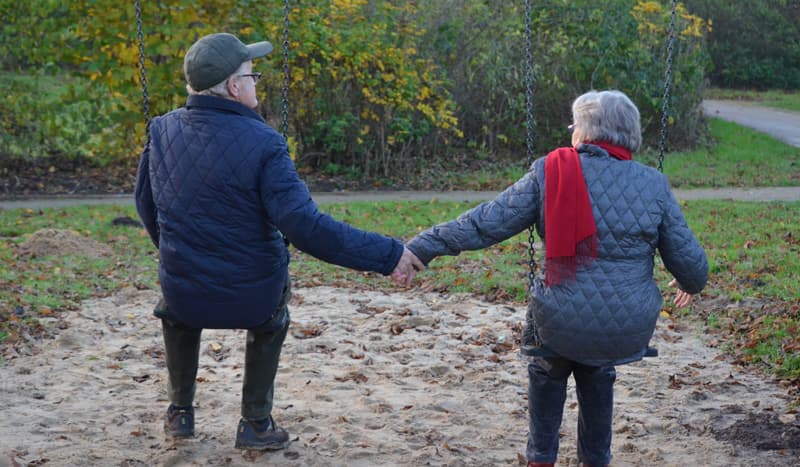How Best To Look After Your Brain

A recent report from the Global Council on Brain Health has reported that the best way to look after your brain is to keep it stimulated by activities such as learning a musical instrument or gardening. They cited these activities as more beneficial than puzzles or mind games.
Global Council On Brain Health
The Council is made up of a number of scientists, health professionals and policy experts who have looked at the evidence on how to keep the brain stimulated and reduce cognitive decline. Their research showed that popular items said to improve the brain like mind games and puzzles, did not show up in research as having a huge benefit. The report states-“If people play a 'brain game', they may get better at that game, but improvements in game performance have not yet been shown to convincingly result in improvements in people's daily cognitive abilities.”
Good Brain Activities
The report recommends looking for new challenges as these provide the brain with real challenges and often allow for social interaction. The examples in the report include taking up a new hobby like photography, gardening, taking up something like Tai Chi. The point behind this is that it is new to your brain and therefore you need to focus and concentrate to be able to acquire the new skill, providing a great workout for your brain. The key words here are to look for activities that provide variety and newness.
The other finding of the report is that it is good to start young. Try not to wait until you are aging to really look after your brain, the younger you start the better.
Preventing Dementia
The key thing here is that there is no vaccine for dementia. What you can do however is look at diet, nutrition, exercise, alongside the intellectual and social activity we have written about above. All of this may reduce the risk of you developing dementia.
Diet/Nutrition
Research suggests that there are some foods that are better for the brain than others. Foods which are good for our brains include those that are low in cholesterol, saturated fat, and sugar and salt. As well as this always eat a lot of fruit and vegetable as well as whole grains and complex carbohydrates. If you are concerned that you may not be getting enough nutrients from your diet then look at supplements, particularly vitamins B12, C and E.
Exercise
Regular exercise each day can have a great effect on our mental health. Cardio exercise and resistance training are often cited as the best examples. The science behind this is that they increase the flow of blood to the brain and reduces the risk of cardio conditions that are often associated with vascular dementia. Physical exercise can also release chemicals required for brain cell survival. Again, none of this is a cure but combined it could delay the onset of dementia.
Social Engagement
Social interaction is often seen as a way of lowering the risk of dementia. This is because social interaction stimulates connections between brain cells. In fact it is often advisable to try and combine some of the above suggestions, so walking with a friend combines both social activity with exercise. So look at clubs or societies that you can join or you could volunteer, anything which gets you out there talking to people and conversing.
You Might Like
How To Look After Your Heart
Doctors are urging us to know more about our blood pressure and cholesterol so that we can better predict cardiovascular disease.But how can we do this and why is it important?Daily Chats Help With Dementia
The latest research suggests that a ten minute chat each day with a dementia sufferer can have amazing results.Look After Your Prostate
Prostate care. How to look after your prostate and tips to help you avoid future prostate health issues.The Best Exercise For Mental Health
Exercise is often cited as being crucial for our physical health but it can also be as crucial for our mental health. Discover what physical activities are best for our minds.Mushrooms Help In The Fight Against Brain Decline
Mushrooms have been shown to help slow down the cognitive decline of older people.Why is this and what can we learn from it?
Useful Websites
- Pick's Disease Support Group
For carers of frontotemporal dementia: Pick's Disease, Frontal Lobe Degeneration, Dementia with Lewy Bodies, Corticobasal Degeneration and Alcohol Related Dementia - Alzheimer's Disease International
An umbrella organisation of Alzheimer associations around the world, which offer support and information to people with dementia and their caregivers - Karen House Care Homes
Elderly accommodation in Hampshire, West Sussex, Surrey, registered with Social Services for the elderly frail, blind, deaf, confused, depressed, anxious, with Senile Dementia or Alzheimer's Disease - Add Your Website Here